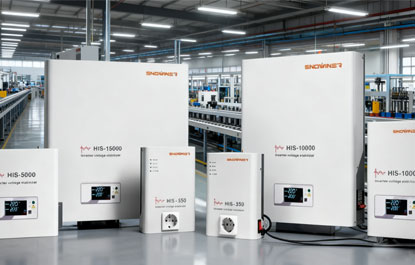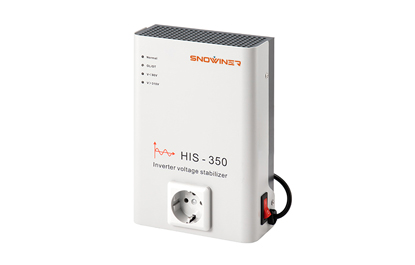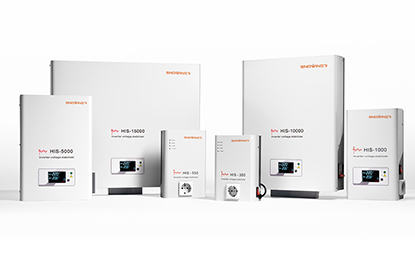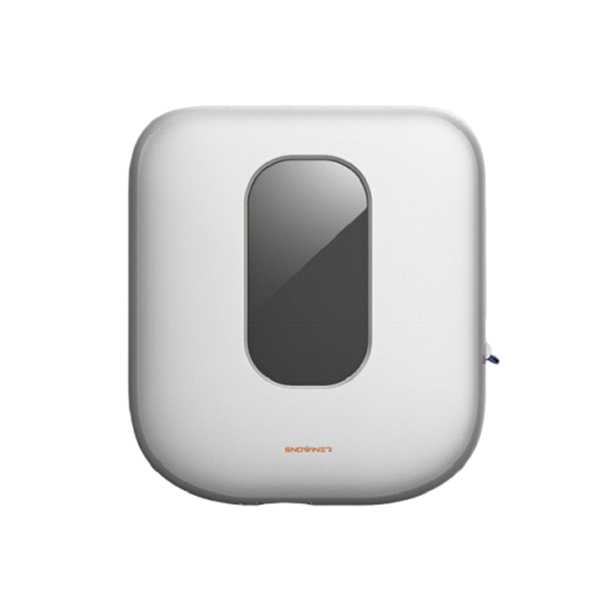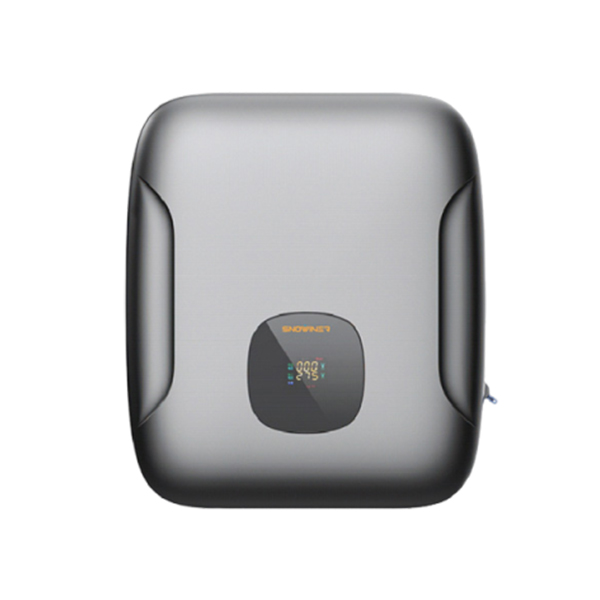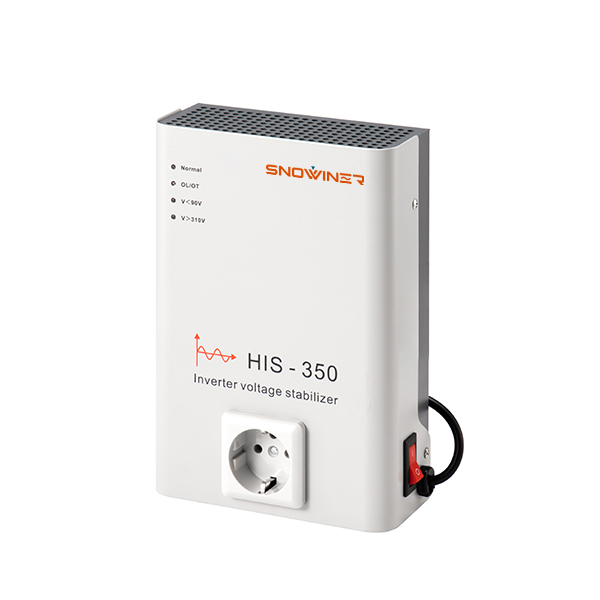IGBT and Servo Regulator Industry Overview and Market Trend Analysis
As power quality becomes increasingly critical across industrial and commercial sectors, the voltage stabilizer market is undergoing a technological shift—from traditional servo stabilizers to advanced IGBT-based static voltage stabilizers. These newer solutions offer faster response times, higher precision, and greater energy efficiency, making them ideal for modern industries such as data centers, automation, telecommunications, and semiconductor manufacturing.
.jpg)
2.1 Limitations of Traditional Servo Stabilizers
Servo stabilizers regulate voltage mechanically through a servo motor and carbon brush system that adjusts the transformer tap position. While they offer basic voltage regulation, they present several limitations in today’s fast-paced and precision-demanding environments.
|
Feature |
Servo Stabilizer |
IGBT Voltage Stabilizer |
|
Response Time |
Slow (typically >100 ms) |
Ultra-fast (≤20 ms) |
|
Regulation Method |
Mechanical with wear-prone parts |
Fully electronic, no moving parts |
|
Voltage Accuracy |
±3% to ±5% |
High precision (up to ±1%) |
|
Maintenance |
High (motor and brush wear) |
Low (solid-state components) |
|
Load Adaptability |
Weaker for non-linear loads |
Excellent dynamic load handling |
|
Service Life |
5–7 years |
8–10+ years, 24/7 operation ready |
|
Noise & Size |
Bulky and noisy |
Compact and silent |
In applications where downtime or voltage fluctuation can cause serious disruptions or damage—such as CNC machines, data centers, or medical imaging devices—servo stabilizers simply fall short. IGBT stabilizers, on the other hand, provide the rapid response and clean output required in these demanding environments.
2.2 Market Trend: Accelerated Shift Toward IGBT Solutions
Global Demand for High-Precision, Low-Maintenance Solutions
According to industry reports, the global static voltage stabilizer market is projected to grow at a CAGR exceeding 6.5%, outpacing the traditional stabilizer segment. The rising need for faster, smarter, and more efficient power regulation is fueling the adoption of IGBT technology worldwide.
Data Centers and Telecom Infrastructure Lead the Shift
Sensitive electronic equipment such as servers, routers, and base stations requires precise and uninterrupted voltage regulation. The ultra-fast correction and compact modular design of IGBT stabilizers make them the preferred choice over slower, bulkier servo systems.
Energy Efficiency and Sustainability
Traditional servo stabilizers operate at 90–93% efficiency, while modern IGBT stabilizers achieve efficiencies of 96% or higher. Over time, this difference translates into significant energy and cost savings—especially in high-load environments like factories and commercial facilities.
Industry 4.0 and Smart Manufacturing Requirements
As factories become smarter and machines become more sensitive to voltage fluctuations, IGBT stabilizers offer the real-time feedback, digital controls, and high-speed response necessary to support modern production systems.
2.3 Sector-Specific Replacement Trends
|
Industry |
Current Standard |
Emerging Trend |
|
Manufacturing |
Servo + Auto Transformer |
Transitioning to IGBT for faster, cleaner voltage regulation |
|
Medical Equipment |
Mixed use (servo in legacy systems) |
Growing demand for IGBT solutions due to critical uptime |
|
Telecom |
Partial servo usage |
Rapidly adopting IGBT for remote monitoring & automation |
|
Data Centers |
No longer uses servo |
100% IGBT-based voltage stabilization or UPS-integrated solutions |
|
High-End Electronics |
Servo still common |
Premium brands shifting to static voltage stabilizers |
Summary
IGBT voltage stabilizers are not just a product upgrade—they represent a new generation of intelligent, high-performance power management solutions.
Their superior precision, faster restabilizers a response time, lower maintenance, and higher efficiency make them ideal for mission-critical and energy-sensitive applications. As industries prioritize automation, sustainability, and uptime, IGBT-based stabilizers are rapidly replacing traditional servo models as the new standard in voltage regulation technology.




